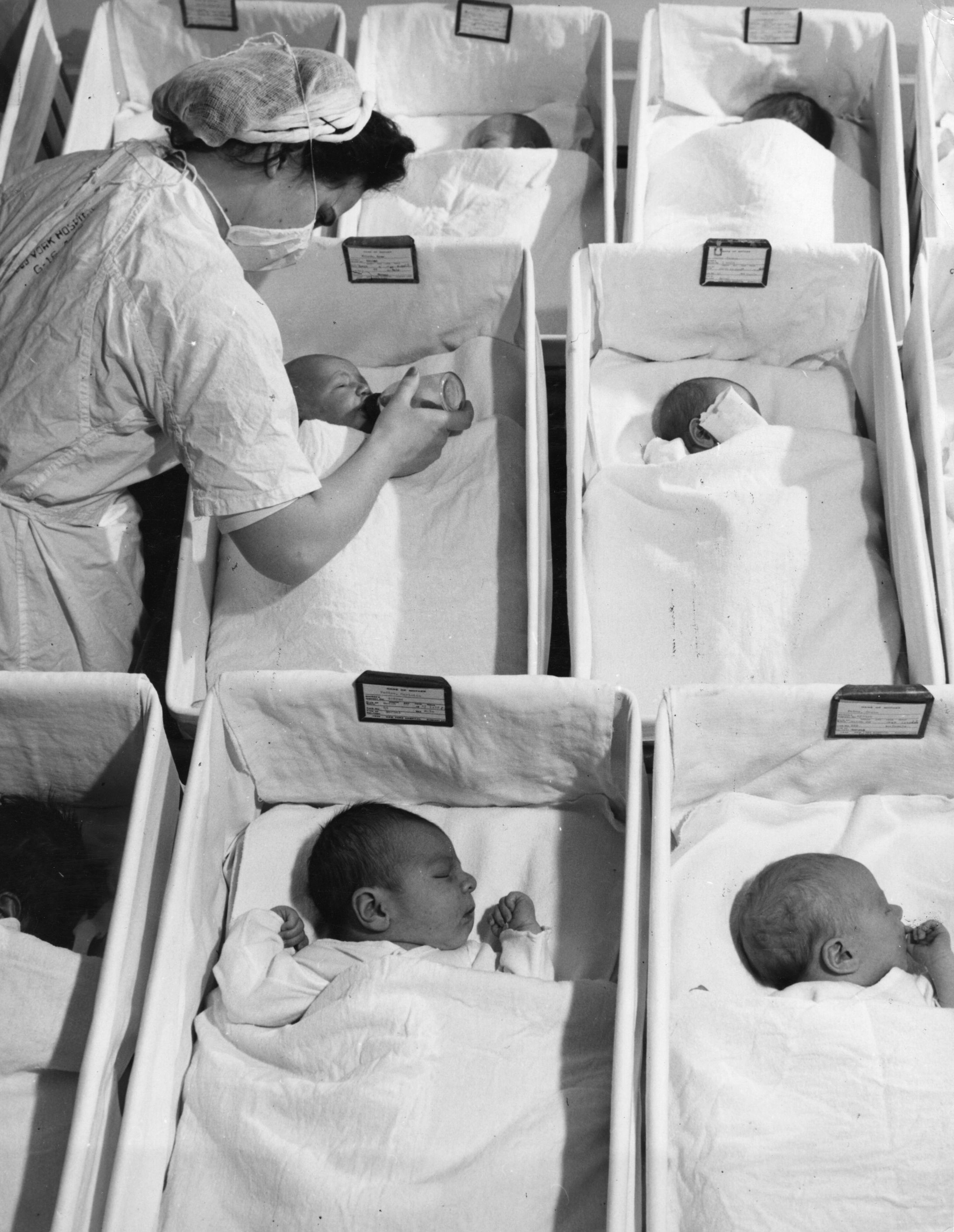The successful transplantation of a uterus represents the last major surgical goal in the field of reproductive gynaecology. This feat has recently been achieved by a team at the University of Gothenburg in Sweden.
The 36-year-old patient was born with a condition called Mayer-Rokitansky-Küster-Hauser (MRKH) Syndrome. The condition occurs in one out of every 4,000 babies, and presents as the absence of a uterus and sometimes a vagina. The absence of a kidney may also be a feature of this condition.
MRKH Syndrome usually manifests in late puberty. Because these women appear outwardly normal, the absence of a vagina or uterus will only be suspected after examination, and subsequently confirmed by an MRI. The psychological burden on a young woman discovering that she has this condition is immense, which is why I personally am delighted that this milestone has been accomplished.

Get Britain's best politics newsletters
Register to get The Spectator's insight and opinion straight to your inbox. You can then read two free articles each week.
Already a subscriber? Log in








Comments
Join the debate for just £1 a month
Be part of the conversation with other Spectator readers by getting your first three months for £3.
UNLOCK ACCESS Just £1 a monthAlready a subscriber? Log in